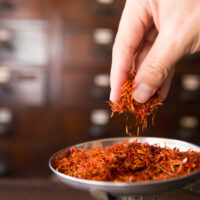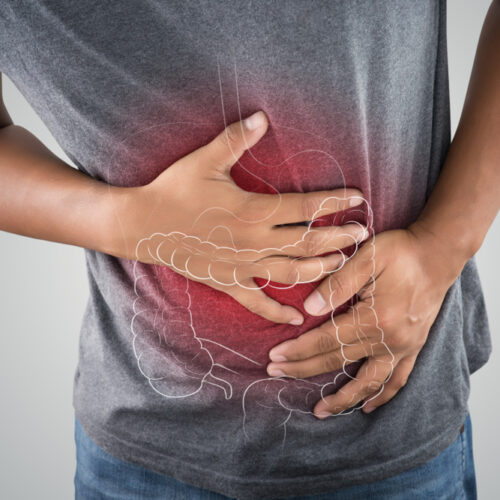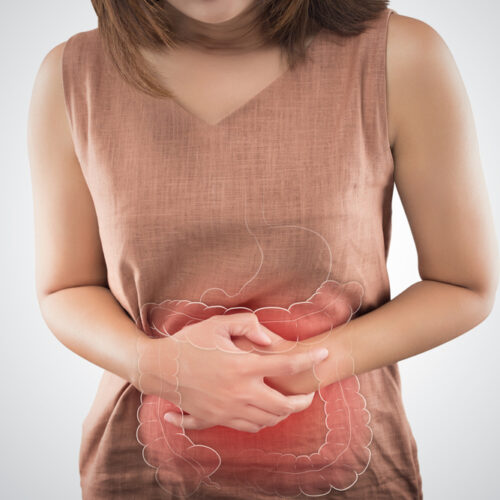Lung cancer – 8 foods to eat
Following a nutritious regime is essential for the body to maintain immunity and stave off infection. Cutting out a single nutrient, or even overdoing on any can harm the body in the long run. When it comes to lung cancer, there are few foods that one must avoid and must include for daily consumption.

Chicken
Protein-rich foods are essential in the fight against cancer as they are a necessary building block in cell and tissue repair. In fact, lean meats like fish and turkey in addition to chicken are a great option. However, ensure that the meat is cooked thoroughly to avoid food-related illness.
Ginger
Intake of ginger as an ingredient in food may lower the risk of metastases of an existing cancer and it is also known to reduce chronic pain.
Whole grains
Whole grain anything is a good choice because the carbs and fiber help keep energy levels stable. Choose from whole wheat breads, brown rice, and whole grain pastas.
Apples
Apples are packed with flavonoids that are powerful antioxidants and can help boost immunity, which is just what one needs.
Avocado
This superfood is chock full with good fats and is low in sugar. It is a good snack option and is useful in digestion. Moreover, avocados help control blood pressure and cholesterol.
Salmon
Salmon is an excellent source of vitamin D. While the major source of vitamin D is the sun, getting that kind of light is not always possible, especially in colder climates. A healthy dose of vitamin D may help increase immunity.
Tomatoes
Tomatoes and sauces have a compound called lycopene that is known to be potent enough to fight cancer. Adding this to food regimes can give the body the anti-inflammatory boost it needs.
Broccoli
Broccoli and cruciferous vegetables like cauliflower, cabbage, and rutabaga contain sulforaphane, which is a compound that gives the body’s protective enzymes that much-needed shot in the arm.
There are many foods that can help boost the immune system, the key here is to thoroughly cook everything to avoid any contamination caused by bacteria. Moreover, avoiding unpasteurized milk products and undercooked meat and eggs is a must.











